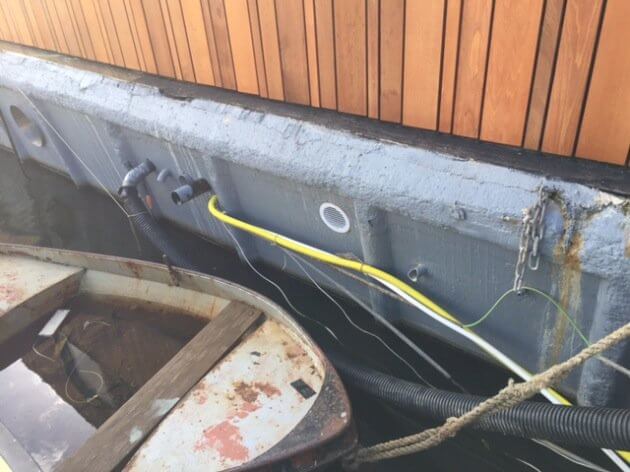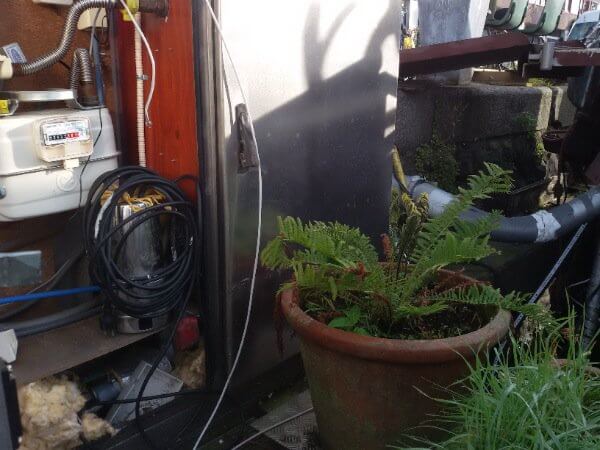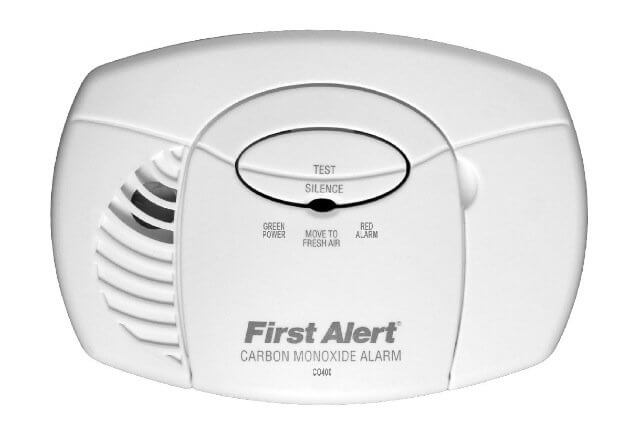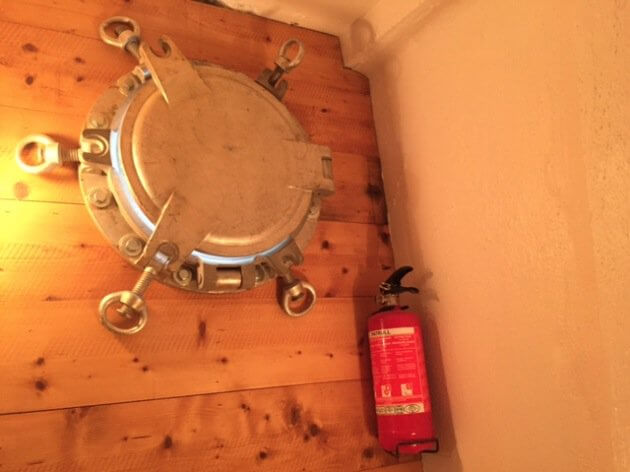How to keep your houseboat safe
Living on a houseboat, or renting one for the holiday, is great fun. But always make sure you do it safe. The Vancouver houseboat fire last week reminded us of the importance of this rule!
Staying on a houseboat is quite arguably the most free-living that you can do, but that does not mean that it completely worries free. There are many hazards that, if you don’t take steps to avoid, you can find yourself in some real sticky situations. Just like you need safety plans when taking up residence on the land, the same holds true for water dwellers. The following are things that should be addressed, so you don’t get carried away… literally.
1) Keep water out of the boat
If you think about it, the only way that a boat can sink is being inundated with water. And one other very important thing to know is that in most cases the water does not come from outside of the boat, but from the inside. Imagine the damage that can be done by a simple water hose that is leaking within your boat without you knowing it. Especially if the water in the water supply system is frozen during winter time, the ice will very likely expand in cause a leak. When the water has melted, there’s big chance that the water starts flowing again. Into your boat! So always make sure that there is no water pressure in your water system if you expect severe cold.

Water pips that are not insulated are likely to freeze in winter and cause leakes when defrosting. The result: water heaves into your houseboat, ultimately sinking it.
2) Have a pump close by
A rule of thumb is that water should only exist on the outside of the boat. Just like a sump pump is crucial for keeping your land home water free, having a water pump is integral to not sinking your houseboat. Prepare ahead for natural disasters and unforeseen leaks by having a pump that has continuous power ready and waiting at all times.
And don’t put the pump in the lowest part or your boat (how convenient that might seem, nicely stowed away under that hatch in the floor) because that will be the first place you can’t reach in case of a leak!

A pump can by of vital importance in case of a leak in your houseboat. But always make sure you can reach it in case of emergency, for example on the dock.
3) Carbon Monoxide the silent killer…
Carbon monoxide is deadly specifically because you are completely unaware that it is in the air. To keep your houseboat safe from this hazard, make sure that you have good ventilation at all times. Especially when you heat your boat using gas, petrol or diesel, or in case you have an engine inside the boat. Always make sure that the engine emissions are blowing safely out of the boat. And last but not least: always install proper CO detectors throughout your houseboat to alert you in case there is a leak.

This simple and cheap device might safe your life: the carbon monoxide alarm. Can't do without on a houseboat!
4) Always know where you are
When you live in a home, in general you have fire and safety crews nearby who know where you are. The same is not true of a houseboat. It is important when you dock to be aware of your GPS coordinates in case you should need someone to rescue you, or come to your aide.
In case you’re renting a houseboat, make sure that you get to know the fire exits so you don’t get trapped in case of an emergency.
5) Stop fires as soon as they start
Just like you should have a fire extinguisher in any home near the stove, you should have several around any combustible hazards on a boat. Don’t just keep one, keep several in the places where you will need them the quickest – the bigger the boat, the more you need. On a houseboat, you aren’t going to have much time when a fire starts to put it out. Make sure you always know where fire tools are to extinguish a fire instantly. On a boat a so called ‘B1 fire extinguisher’ is needed, designed to put out ‘flamable liquid fires’.

Another must-have on every houseboat: a fire extinguisher class B-1. The bigger the boat, the more extinguishers you need.
